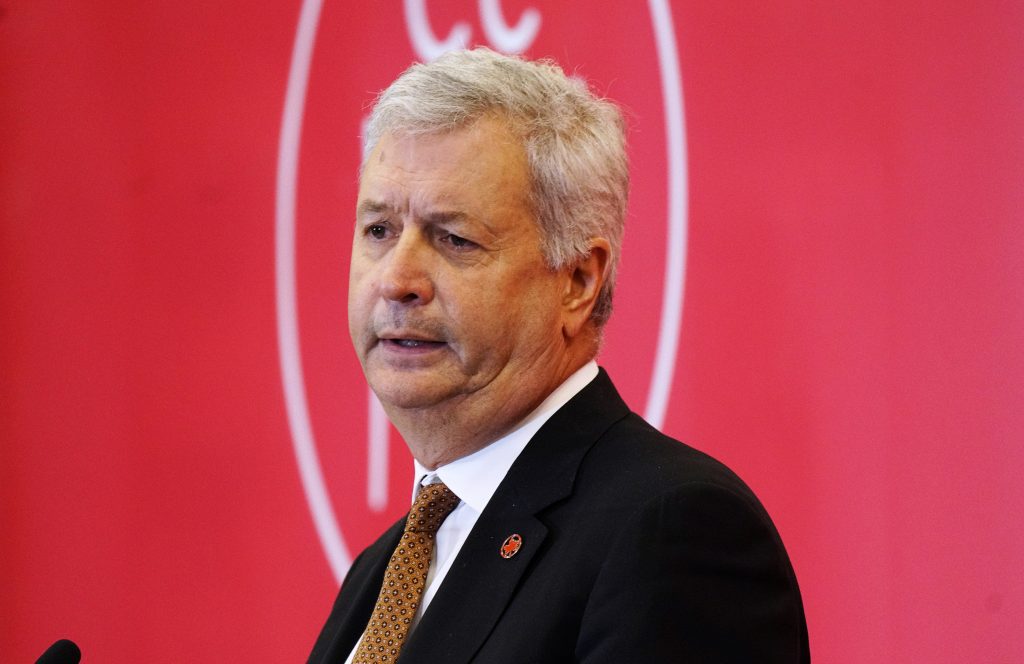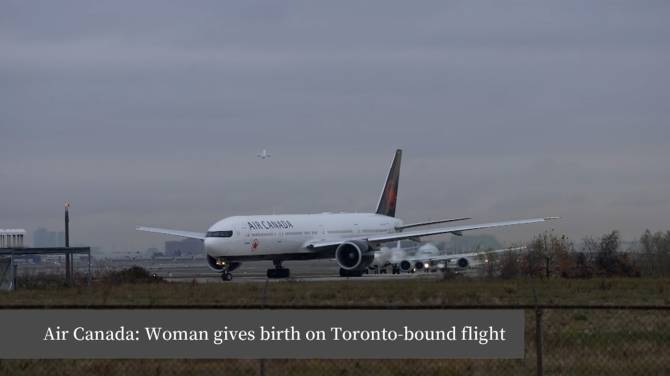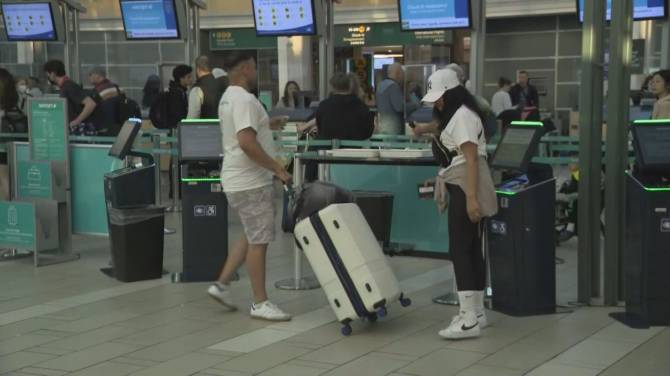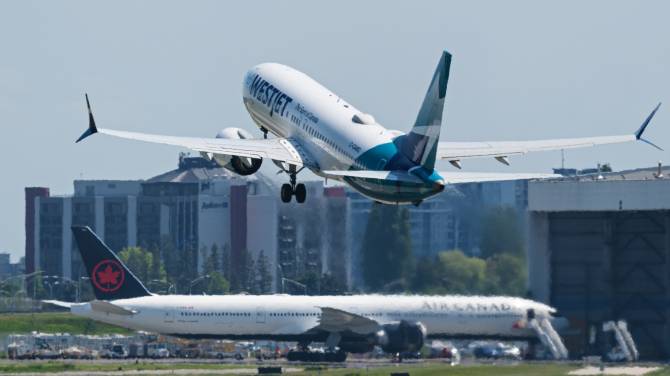Advocates and Air Canada's CEO had different opinions about accessibility for passengers on flights. Air CanadaThe CEO and advocates had different views on how accessible flights are for passengers, but they both agree that there are consistency issues.
Michael Rousseau, the head of Canada's largest airline, told a House of Commons transport committee that most of the 1.3 million passengers who asked for special help last year had a good experience. Only 0.15 percent, or 1,950 passengers, had complaints.
Rousseau said, "The number of incidents and the disruptions they cause are serious, but it's important to note that we're doing a good job overall and we're committed to improving."
He added that the main problem was inconsistency, and he believes that training is the solution.
Disability rights advocate David Lepofsky said that the complaint statistics don't show the real experiences of many people with disabilities. They sometimes have to wait unassisted for hours or instruct employees on how to help them.
Heather Walkus, who leads the Council of Canadians with Disabilities, said, "I once waited for four hours at a gate for a flight without any assistance. I couldn't contact anyone, go to the washroom, or get something to eat."
"We're treated like luggage," she added.
Rousseau admitted that the issues are probably not reported enough.
Lepofsky disagreed with Rousseau's statements.
Lepofsky pushed back against Air Canada's claims.
He told the transport committee, "Air Canada's claims about doing a good job and the low numbers of problems show a lack of understanding of our experiences."
Lepofsky, who leads the Accessibility for Ontarians with Disabilities Act Alliance, said, "Every single one of Air Canada's statements is wrong."
A blind person said, "I fear flying in Canada."
Lepofsky proposed a reachable hotline for travelers with disabilities, undercover "secret shoppers" to assess customer service, and assistance from one employee from the curb to the gate.
The advocates said that Canada needs stricter rules and better enforcement to ensure consistency and accountability.
Several incidents involving Canadian airlines in the past year led to the committee hearings.
Examples of incidents include a man with cerebral palsy having to drag himself off an Air Canada plane, Canada's chief accessibility officer finding her wheelchair left behind, and a former Paralympian having to climb aircraft stairs.
Air Canada has committed to several measures over the next three years to improve accessibility, such as appointing a customer accessibility director and requiring annual training for its 10,000 front-line staff.
Earlier this year, the airline formed a group of customers with disabilities and started the “sunflower program” where a lanyard worn by travelers tells staff they may need help. It's the first airline in North America to do this.
It also now lets customers track their checked mobility aids in real time with an app.
Rousseau said he was willing to have clearer rules for reporting complaints, but he said that other aviation players should be involved and any actions should be “non-punitive.”
In the United States, all complaints sent to airlines are given to the federal regulator. “In Canada, we essentially have to take your word for it,” said NDP transport critic Taylor Bachrach.
Rousseau also mentioned that Air Canada is talking to plane-making giants Boeing Co. and Airbus SE about changes to make washrooms more accessible, especially on narrow-body planes.
“Washrooms are not designed for use by anybody who is not in perfect physical condition, and they are certainly not wheelchair-accessible,” said Liberal lawmaker Annie Koutrakis.
On Monday, the government announced a summit on air accessibility set for May 9. But Lepofsky seemed to agree with Conservative committee member Dan Muys, who questioned the purpose of the gathering.
“A summit is a photo op,” Lepofsky said.
Advocates also asked for stronger deterrence actions by the Canadian Transportation Agency.
Penalties against large airlines over disabilities violations occasionally top $100,000. Earlier this year, the agency fined Air Transat $11,000 after it failed to quickly provide a suitable replacement for a passenger’s mobility aid that had been lost on arrival in Venice.
Airline owner Transat A.T. Inc. made $3 billion in revenue last year. Air Canada made $21.8 billion.
“The regulator has failed to achieve the result that we are entitled to,” Lepofsky said.
The agency pointed to a steady increase in the number of enforcement actions taken over the past four years. Penalties for all breaches, including accessibility violations, against a range of transport companies amounted to $1.34 million over the past year, up from $54,000 in 2020-21.
The issues go beyond a single airline or regulator, as “gaping holes” in the Accessible Canada Act allow problems to continue in areas ranging from consultation to assistance protocols, said Walkus — despite a regulatory overhaul in 2020 brought on by that legislation.






